Erbil also written Arbil, or Irbil and known as Hewler (Kurdish: ھەولێر Hewlêr; Arabic: اربيل, Turkish: Erbil) is, with a population of approximately 1.3 million (2009), the fourth largest city in Iraq after Baghdad, Basra and Mosul. The city is located in Iraqi Kurdistan. It lies 80 kilometers (50 miles) east of Mosul, and is the capital of the Kurdistan Region of Iraq.
Urban life at Erbil can be dated back to at least 6000 BC, and it is one of the oldest continuously inhabited cities in the world. At the heart of the city is the ancient Citadel of Erbil. In the early part of the 3rd Millennium BC, the Hurrians from Asia Minor were the first to establish Urbilum and expand their rule to parts of northern Mesopotamia. The city became an integral part of Assyria from the 25th century BC to the 7th century AD, but after it lost its independence at the end of the 7th century BC, both Assyria and the city of Erbil was under the rule of many regional powers, including; the Babylonians, the Medes, the Persians and Greeks. Following the Arab Islamic conquest of Mesopotamia, the Arabs dissolved Assyria (then known as Assuristan/Athura) as a geo-political entity in the mid-7th century AD, and during Medieval times the city came to be ruled by the Seljuk and Ottoman Turks.
The city officially has been appointed Arab Tourism Capital 2014 by the Arab Council of Tourism.
Erbil is a city of stunning mosques, historic structures, modern buildings and rapid development. It is home to the world’s oldest citadel and many large and attractive parks. An international mix of businessmen and investors are drawn to the outstanding opportunities that this thriving economy, often described as a budding Dubai, offers in oil and gas, as well as construction and infrastructure.
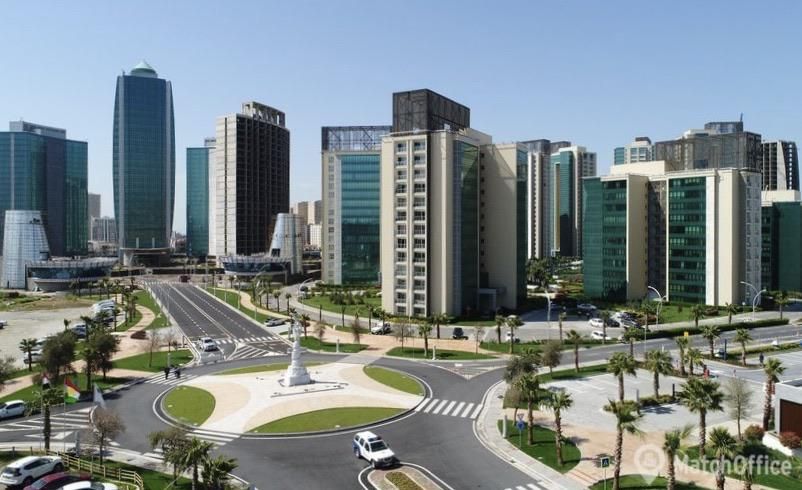
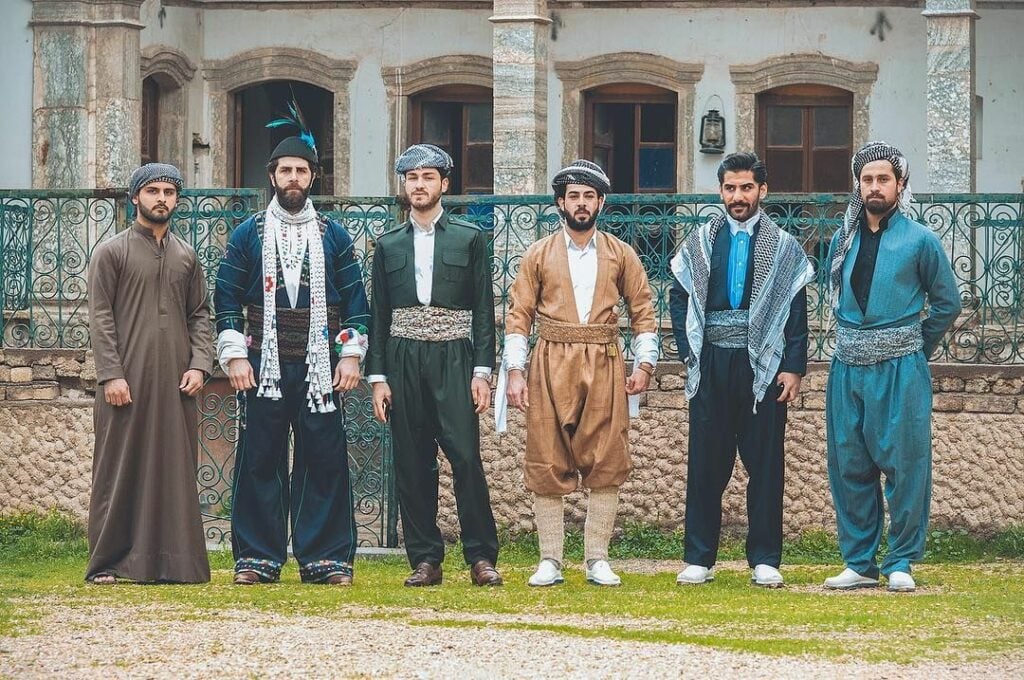
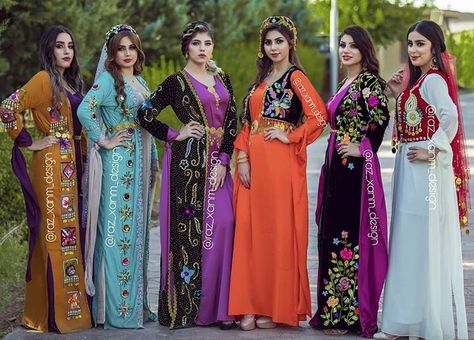
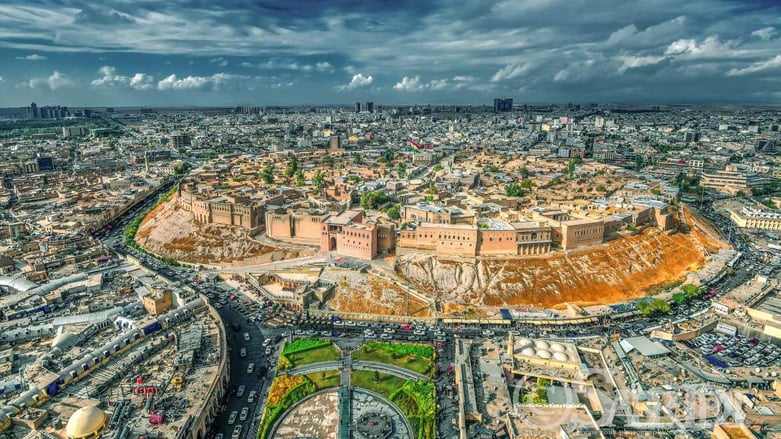
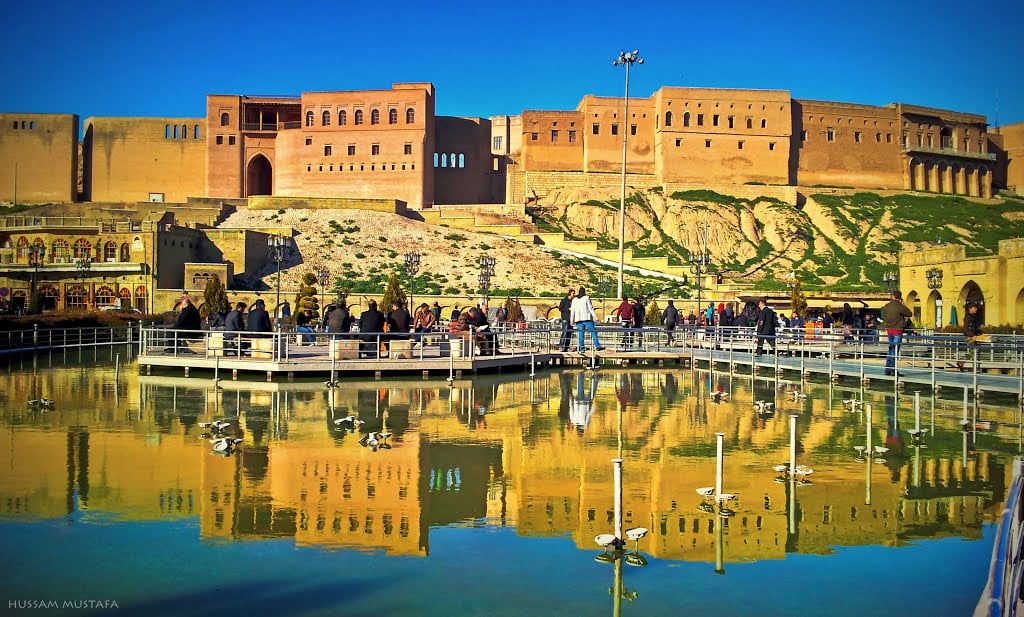
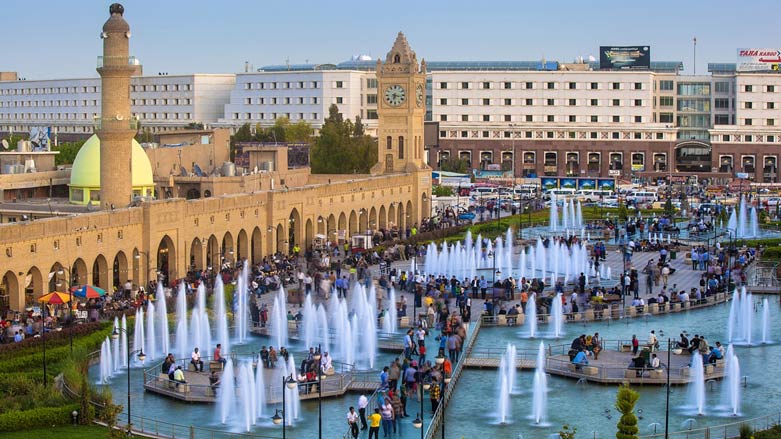
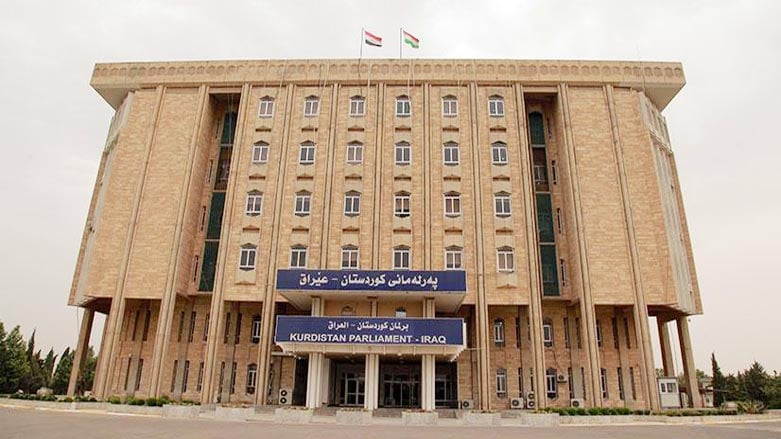
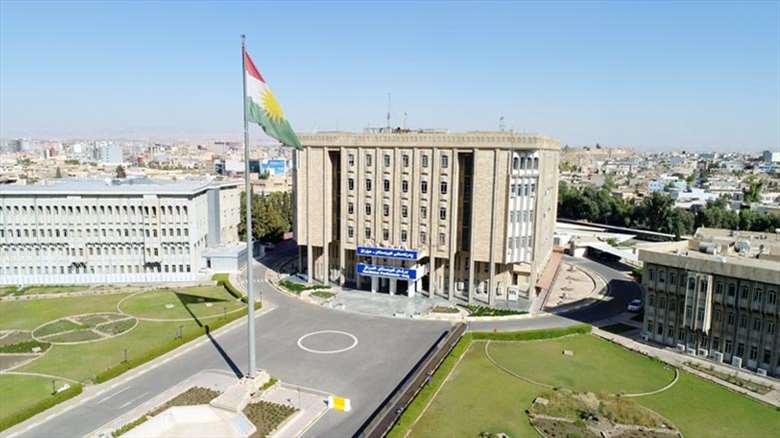
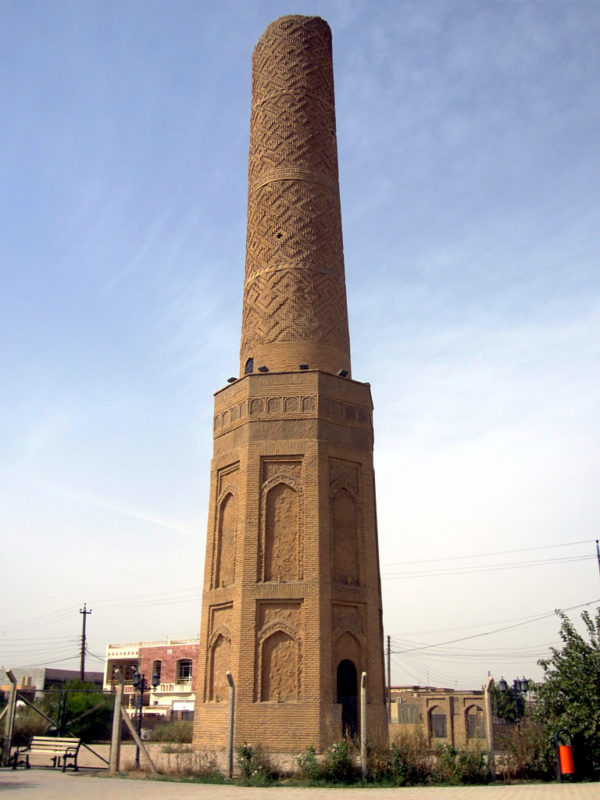
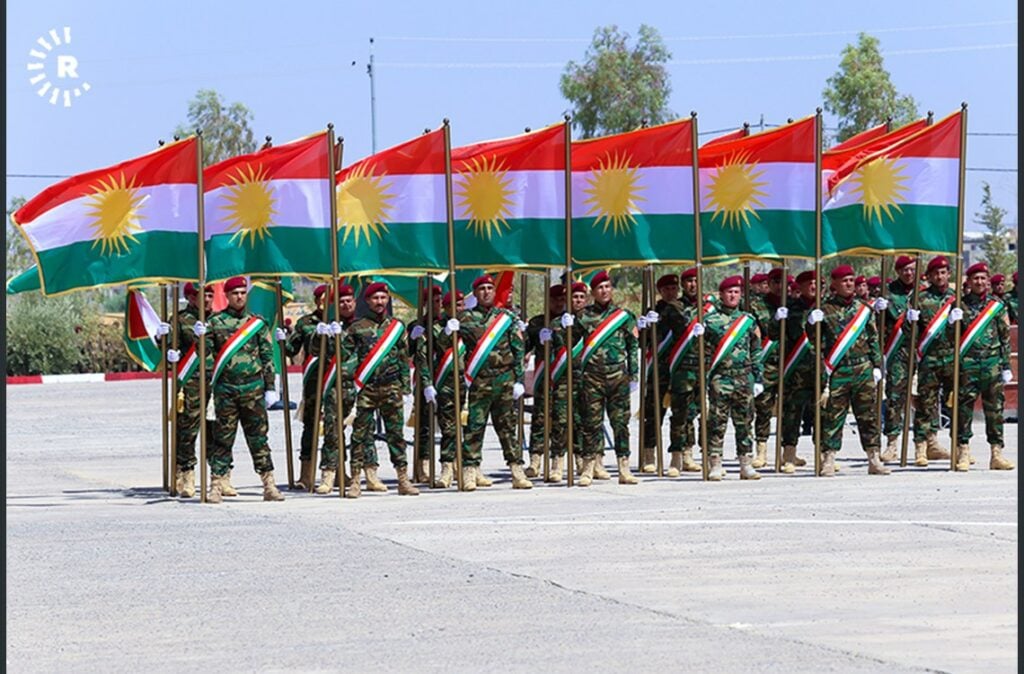
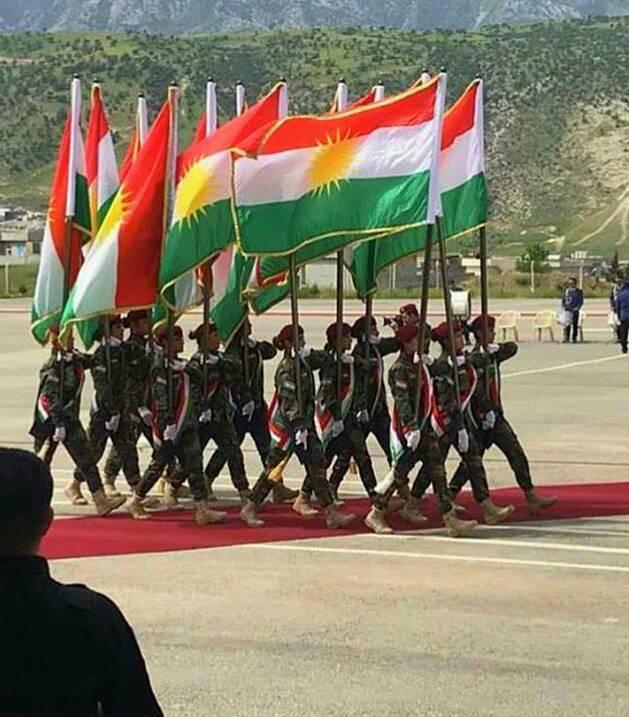
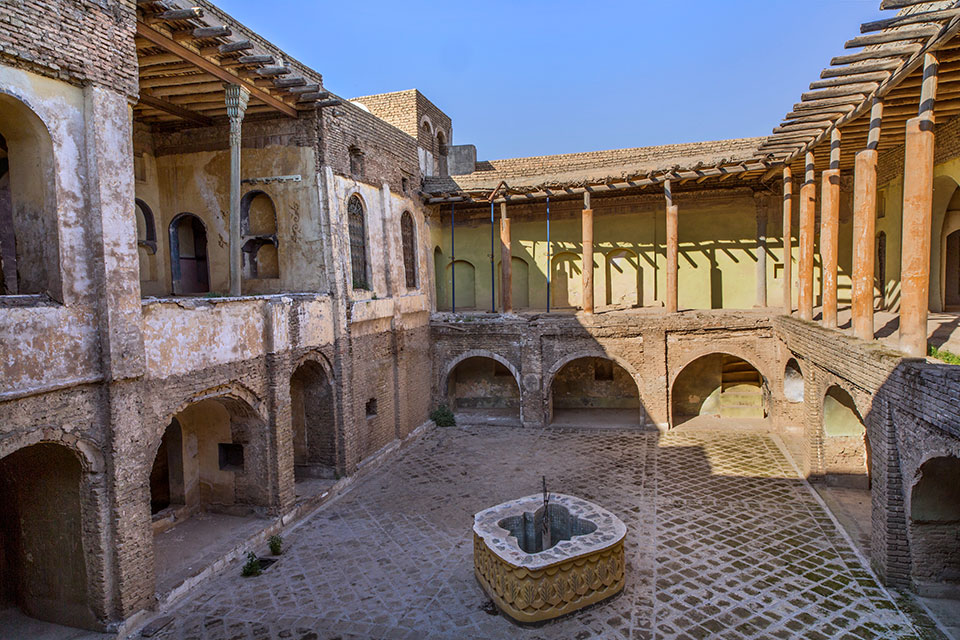

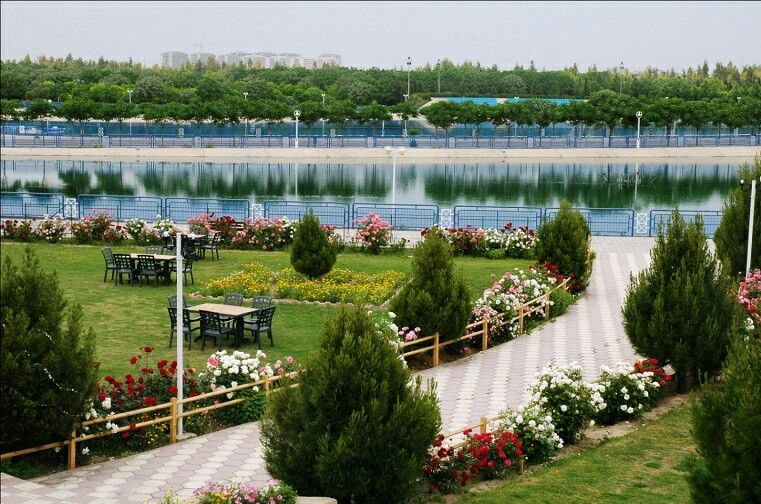

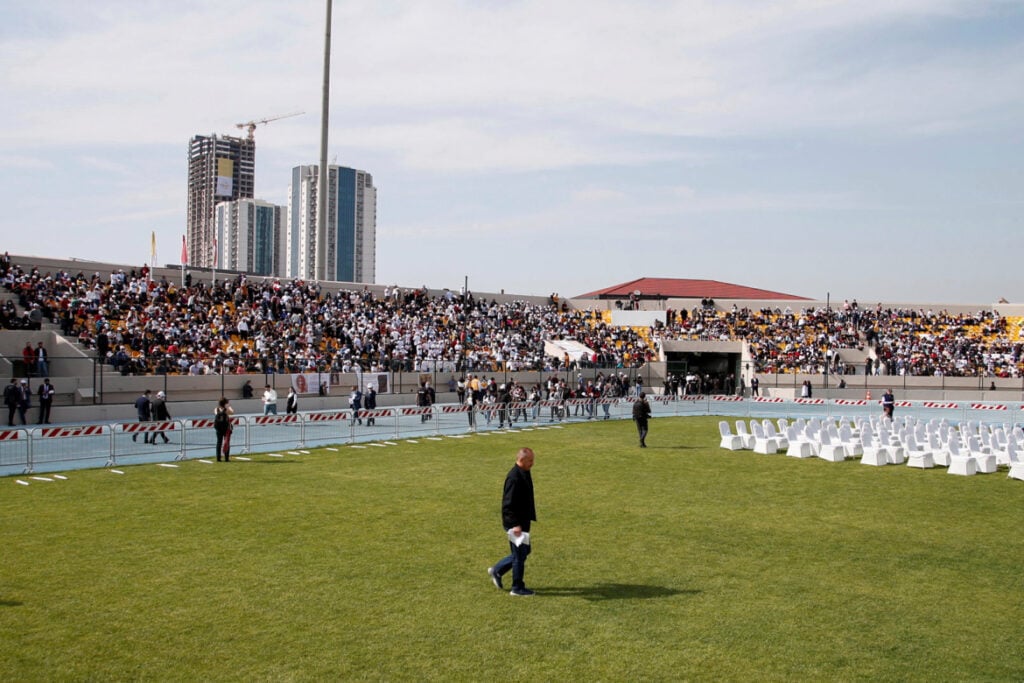
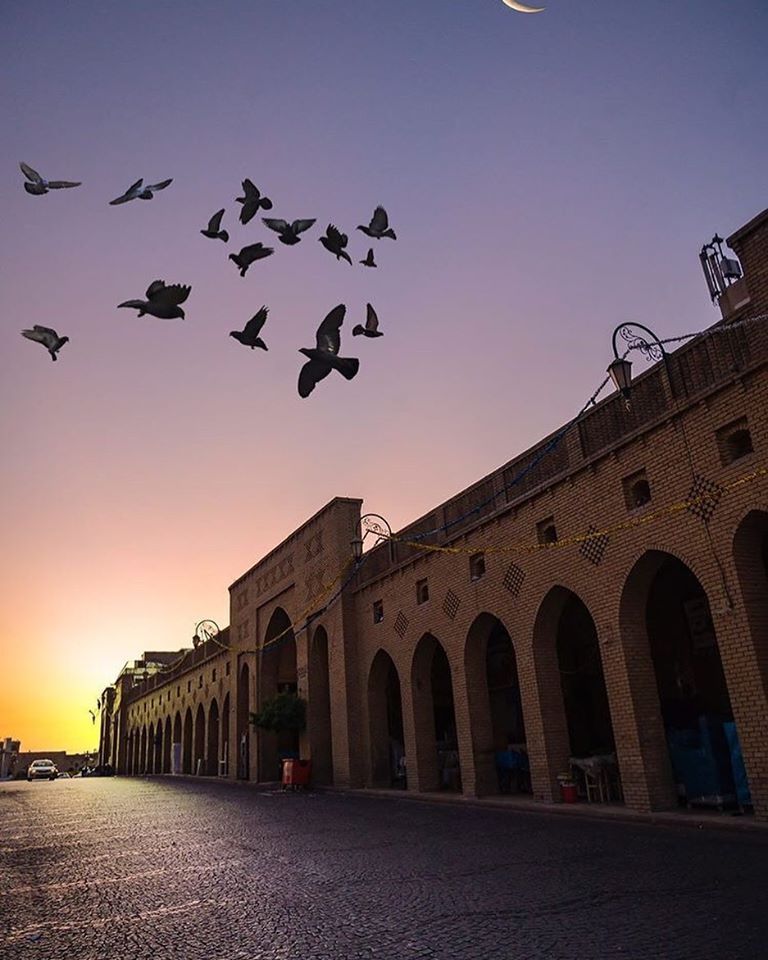
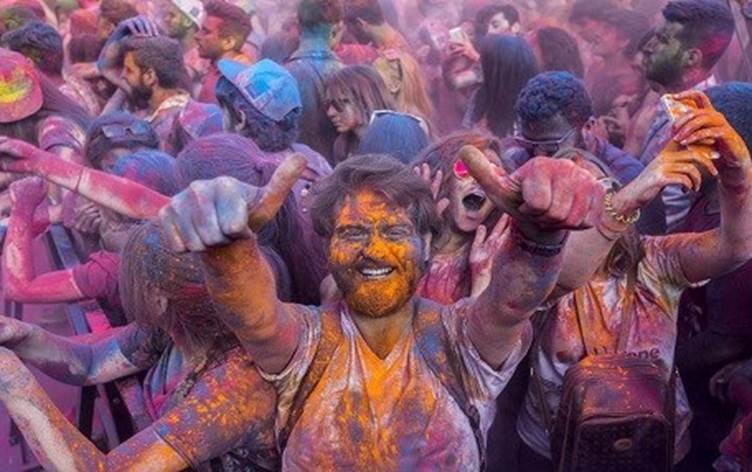
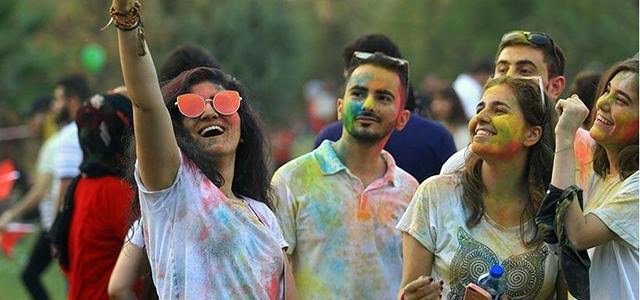
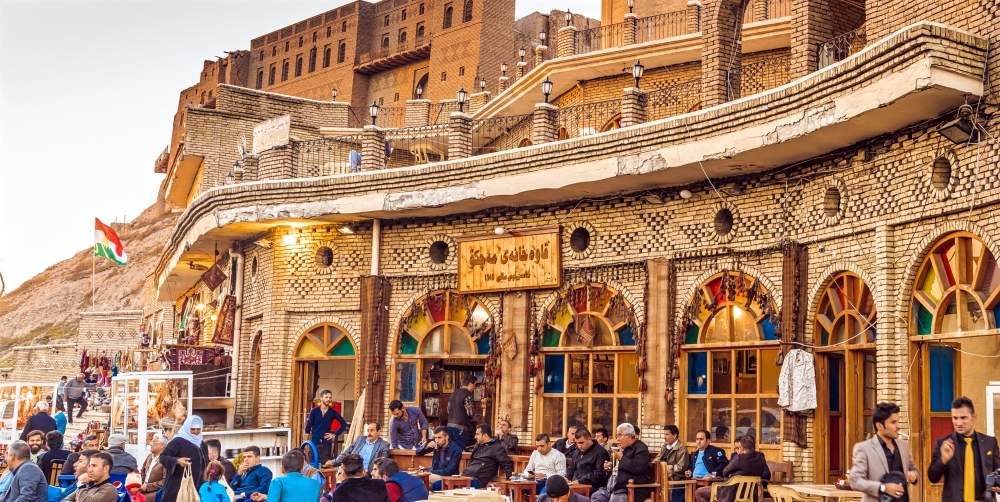
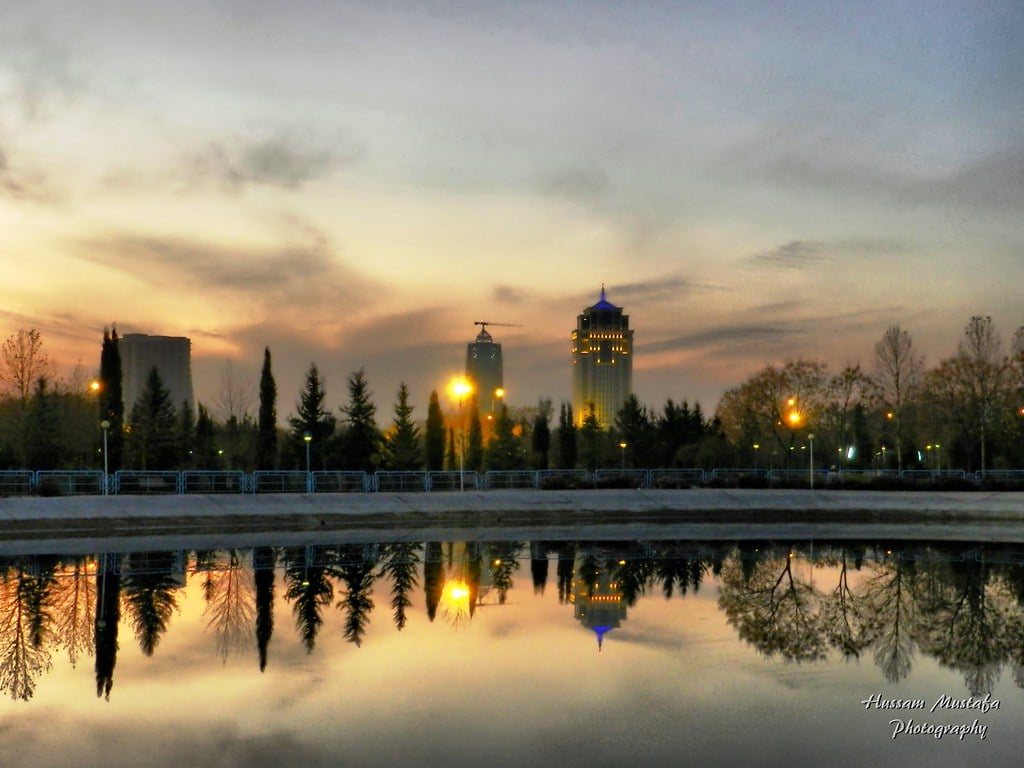
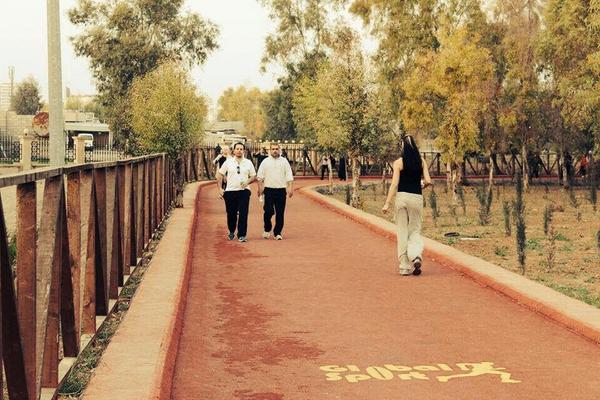
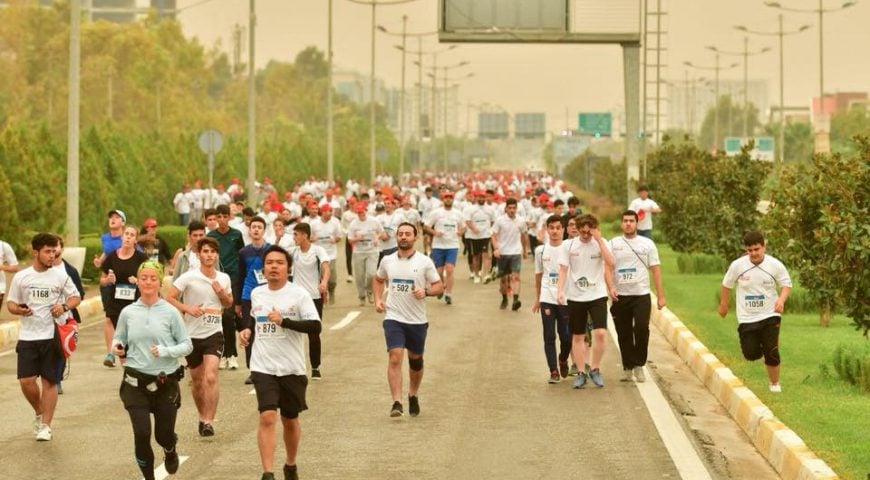
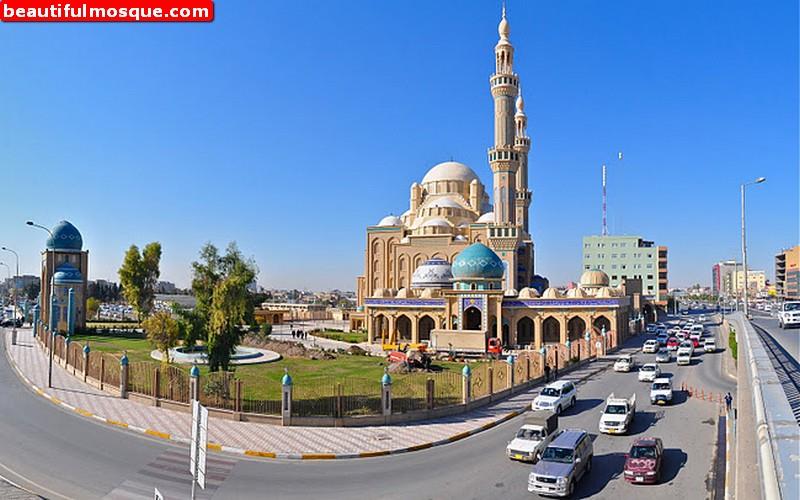
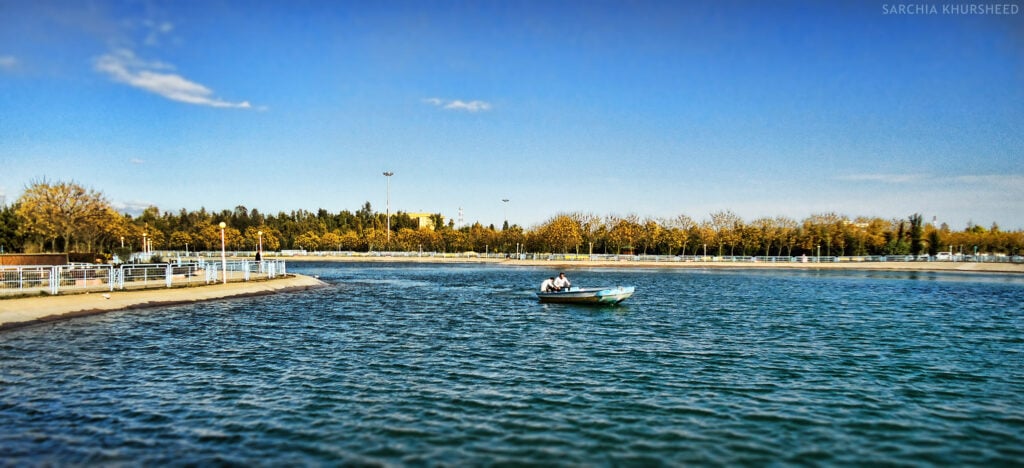
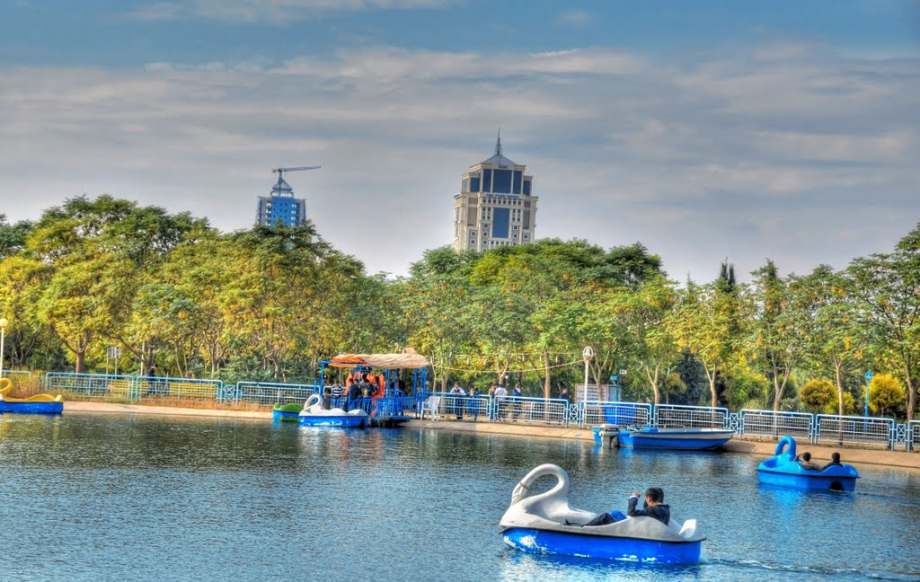
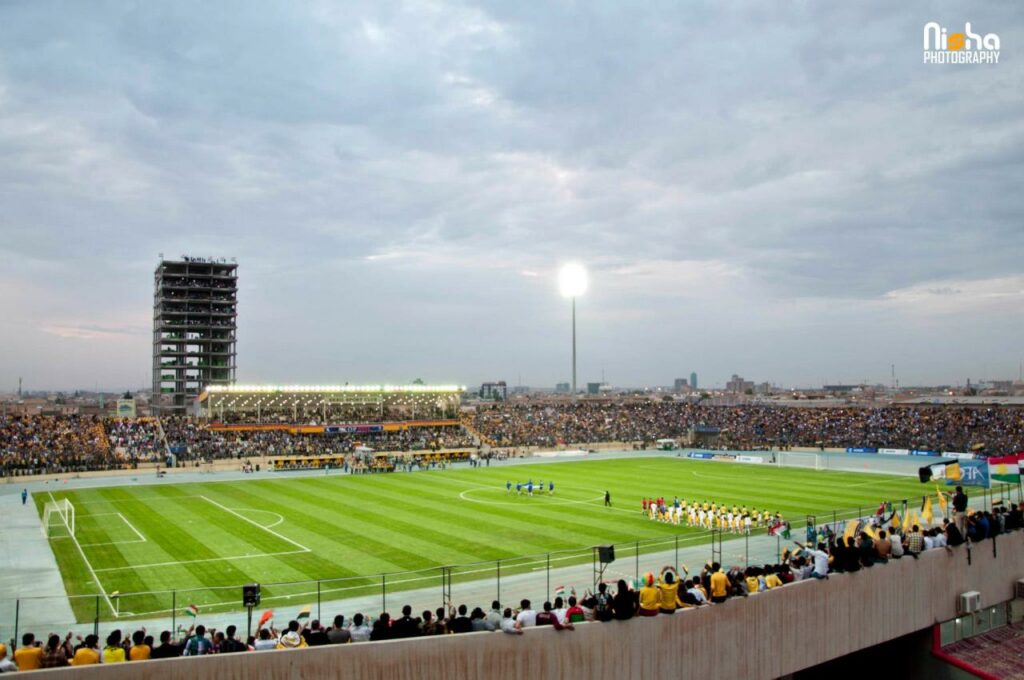
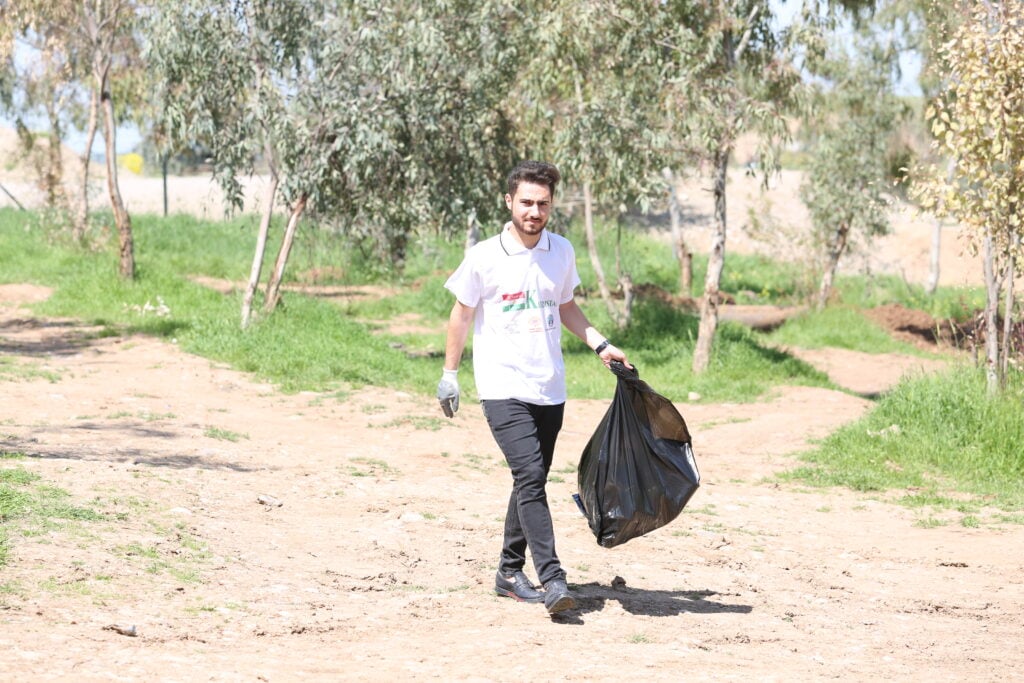
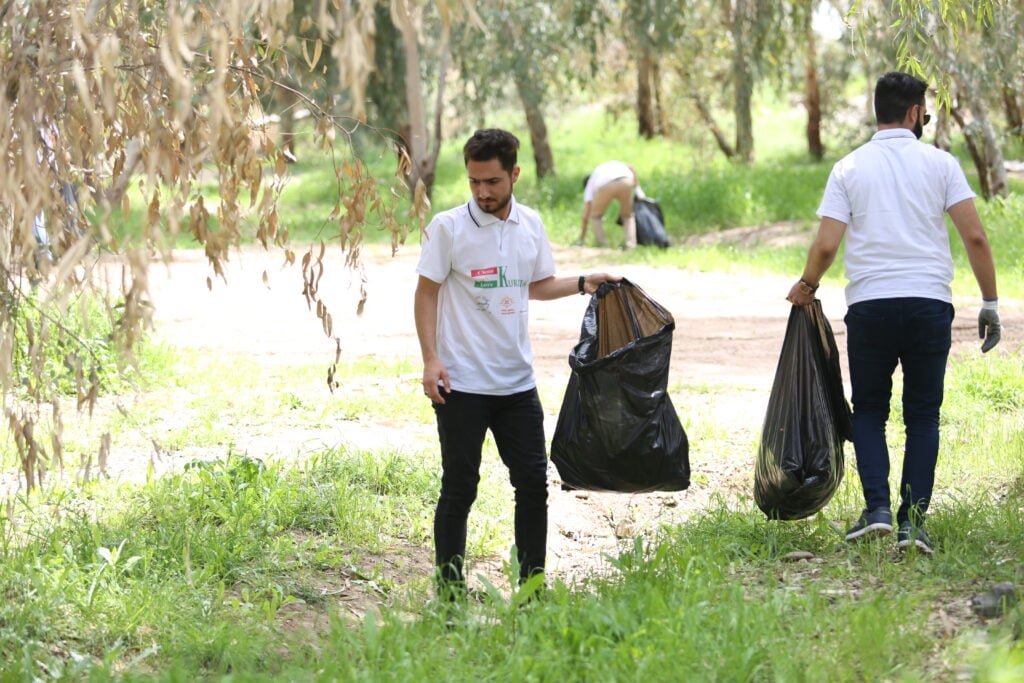
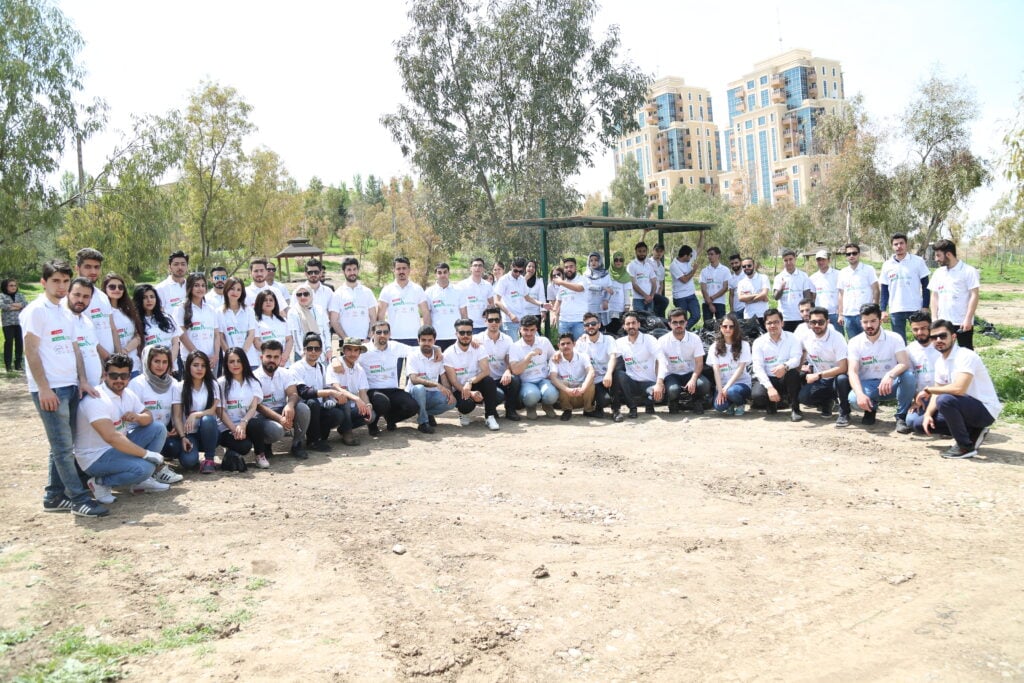
![]()